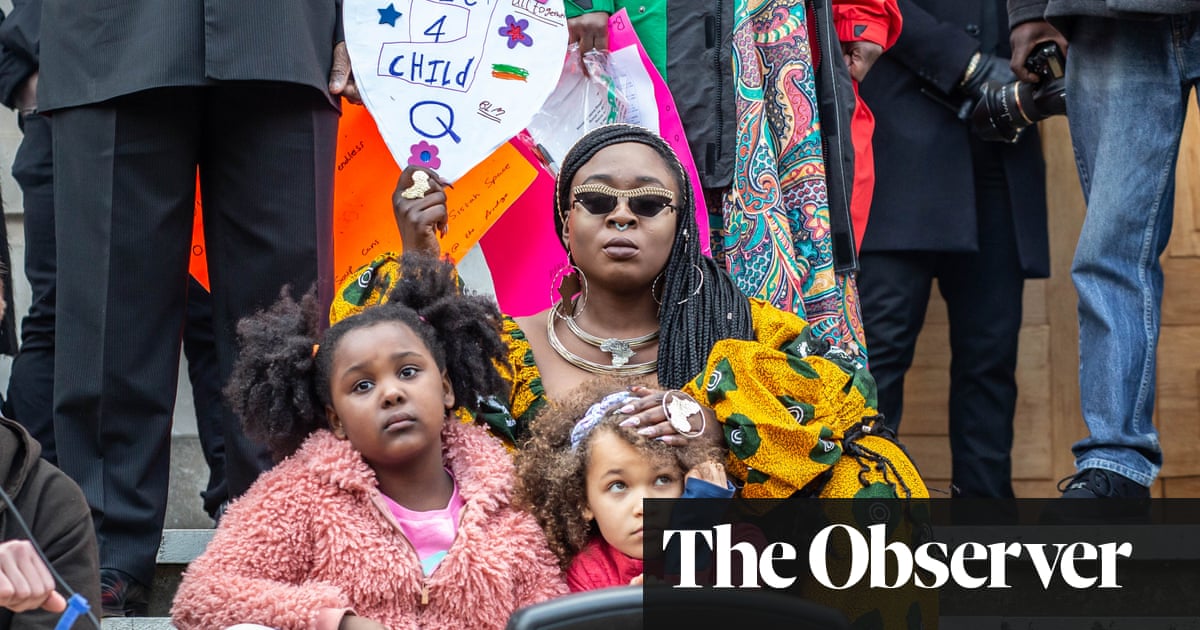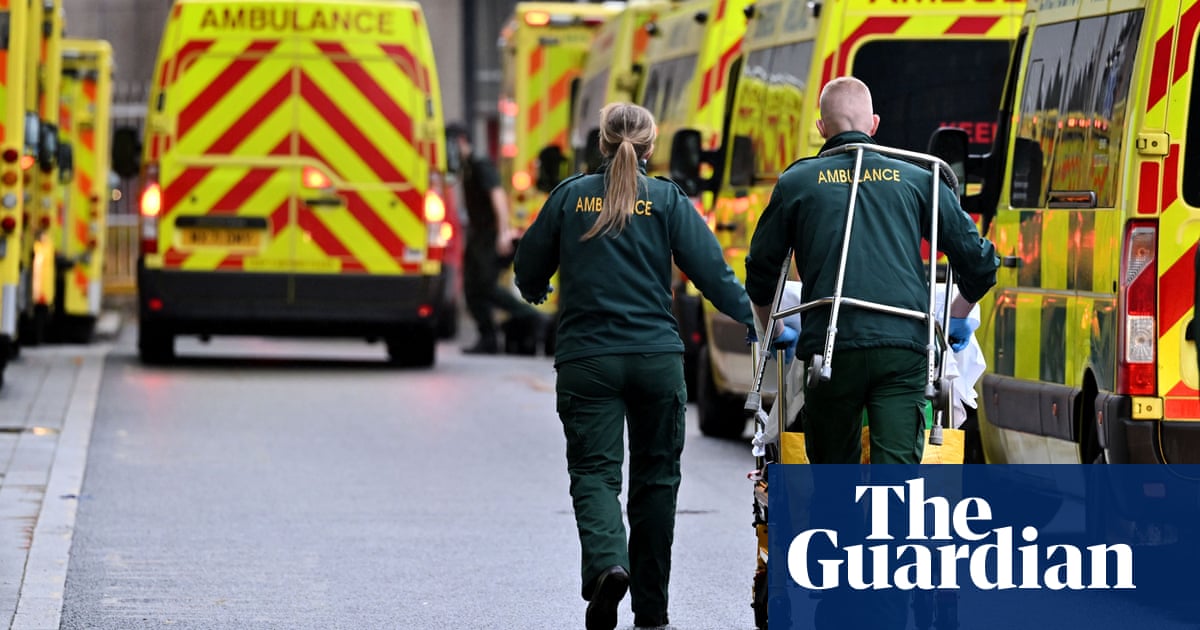
More than 500 children were victims of so-called ‘revenge porn’ in England and Wales last year, according to new data shared with the Guardian.
Freedom of information requests have revealed there were 541 underage victims of the offence – the distribution of sexually explicit images or videos with intent to cause harm –reported to 36 police forces in England and Wales between January and December 2019.
A further 360 children and young people were suspects, fuelling concerns about the scale of the problem of revenge porn being perpetrated by children on other children.
While the average age of the victims was 15, they also included an eight-year-old, 10- and 11-year-olds, as well as one Essex teenager who came forward three times as a victim.
“These numbers are really worrying because they’re the incidents reaching the police while many other instances of this nasty, abusive behaviour will not,” said Sarah Green, director of the End Violence Against Women Coalition.
Green called for proper care and support for the victims, who are mainly girls, for whom the consequences can be devastating, from bullying to mental-health problems and even leaving school.
Among the revenge porn suspects accused of disclosing private sexual photographs or videos with intent to cause distress, the average age was again 15, but included a 10-year-old in Greater Manchester.
The youngest victim lived in Derbyshire, but the highest number of reports were made in the Metropolitan police area where more than 124 victims came forward and 167 suspects were reported.
The findings from a series of FOI requests, filed by the media literacy charity The Student View, have raised concerns about the delayed implementation of the new relationships and sex education (RSE) curriculum in England.
The new compulsory curriculum was due to begin in September, but schools have been allowed where necessary to delay its introduction for up to two terms because of the disruption caused by coronavirus.
Maggie Bradford, policy and public affairs officer at the NSPCC, said: “A third of all child sexual abuse is perpetrated by other children. The non-consensual sharing of sexual videos and pictures is a big part of this problem, and can leave young people feeling guilty, ashamed, or totally humiliated.
“But sexual abuse is never the fault of the victim and it’s crucial that children are able to speak out and get support without judgement if they fear an image has been shared without their permission.”
Bradford continued: “During the next academic year, for the first time all students should receive lessons on relationships and sex and it’s crucial they understand that they, and their peers, have the right to be treated with dignity and respect.
“This key message needs to reverberate throughout school so all pupils know consent is as important in the digital world as it is face to face.”
Last month it emerged that the UK’s revenge porn helpline, which supports adult victims, experienced its busiest year on record, with experts predicting the number of images it deals with will increase by 60% this year.
The helpline saw cases almost double in April compared with the same month last year, from 122 to 242. But while the number of cases has dropped slightly since April, they remain higher than in any previous year, prompting campaigners to warn of a “new normal” post lockdown.
Campaigners say under-18s are more reluctant to report incidents of revenge porn because they may feel they are to blame for sharing intimate images or videos with someone they trusted.
LaToya Ridge from the London Victims and Witness Service, run by Victim Support, said: “When it comes to revenge porn, one of the biggest barriers preventing young people from supporting a police investigation, or even seeking emotional support from us, is the fear of judgment.
“Many young people may feel they are to blame, or that they have even ‘let loved ones down’ by sharing intimate images or videos with someone they trusted. Our message to young people affected is that you are a victim of crime, and you are entitled to support.”
• The NSPCC offers support to children on 0800 1111, and adults concerned about a child on 0808 800 5000. The National Association for People Abused in Childhood (Napac) offers support for adult survivors on 0808 801 0331.












